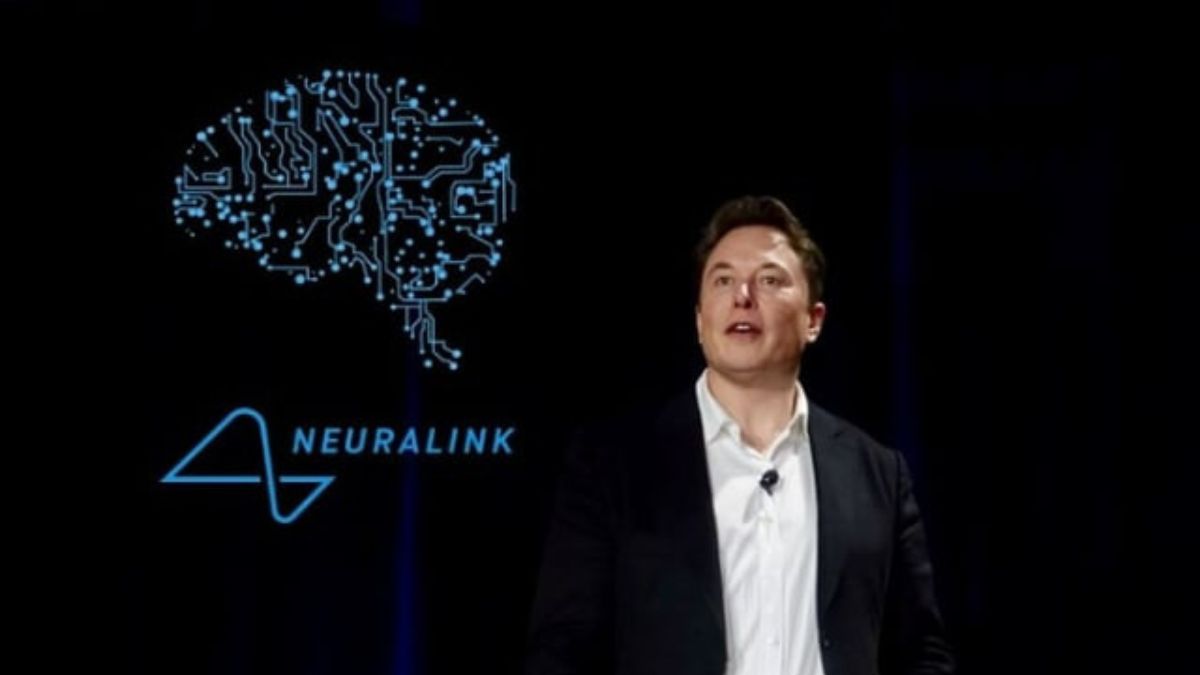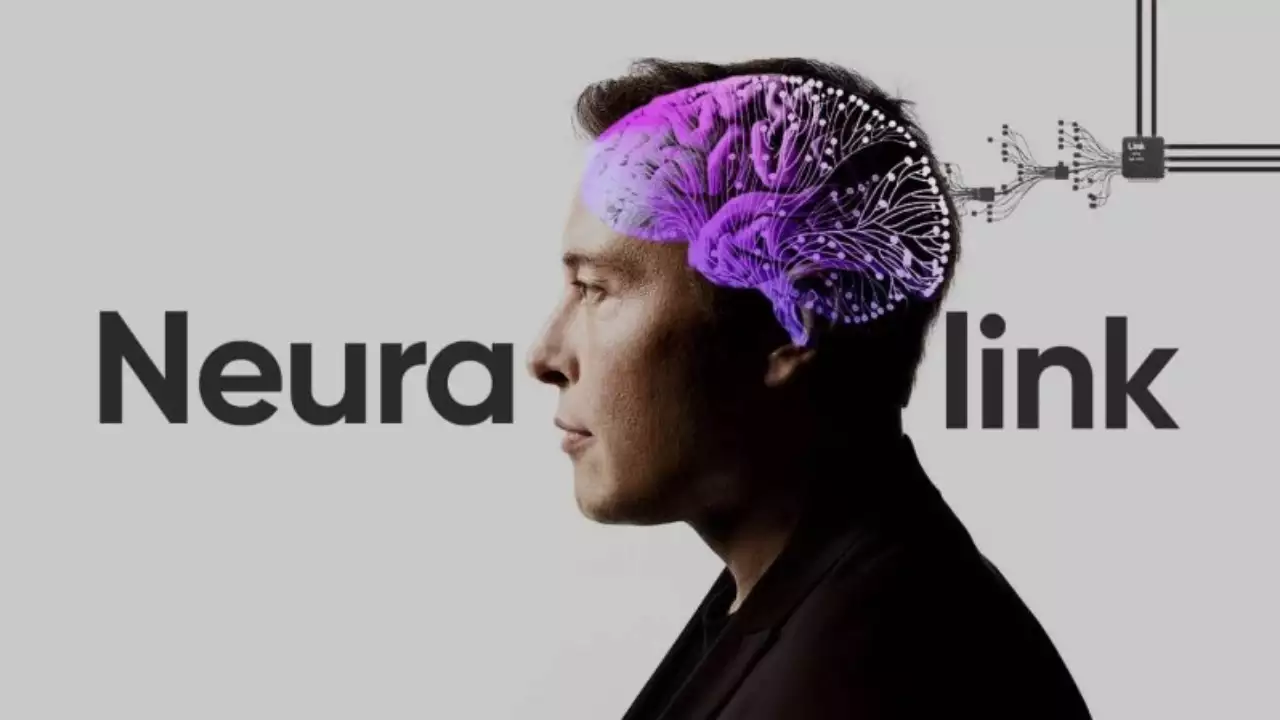Musk's Neuralink already got FDA rejection on request to test brain chips on humans
March 03, 2023 By Omal J

(Image Credit Google)
Image Credit: Firstpost
According to
Reuters, the FDA is standing in the way of Neuralink's plans to develop a brain-computer interface that is orders of magnitude superior to what is currently available. A somewhat expected setback that nevertheless seems to have irked supporter Elon Musk was the agency's reportedly last-year rejection of the company's application to start human testing.
According to the reliable report, the company submitted a request for human testing in 2022, but it was denied due to a number of factors. The implant's "neural lace" could migrate through the brain's soft tissue, the machine could overheat, the battery could stop working, and removing the device in the event of failure, rejection, or infection could harm the brain.
Such worries are entirely reasonable, and medical devices frequently get rejected for potential safety issues because their designers either didn't test them thoroughly or hoped the regulator wouldn't notice them.
The fact that
Neuralink, like Musk's other businesses, is very secretive and only occasionally shares progress through carefully curated events makes it challenging to assess advancements and setbacks. However, while encouraging, a functioning implant in a videotaped happy monkey is hardly evidence that the technology is ready for human testing. And when the company keeps repeating "soon, very soon" for years on end despite ostensibly receiving a significant rejection from regulators, is a reason for doubts.
 Image Credit: Times Now News
Image Credit: Times Now News
Without making the kinds of promises Musk has made on behalf of
Neuralink, the majority of companies operating in this field have been doing so for years, even after receiving FDA approval for human testing and use.
In all its forms, this technology holds promise for those suffering from crippling illnesses, but introducing any amount of foreign material into the brain is inherently risky. The FDA is reportedly asking a company to demonstrate that the implants are safe on a fundamental level before moving forward with such exalted applications as restoring sight and mobility.
By Omal J
I worked for both print and electronic media as a feature journalist. Writing, traveling, and DIY sum up her life.


 Image Credit: Times Now News
Without making the kinds of promises Musk has made on behalf of Neuralink, the majority of companies operating in this field have been doing so for years, even after receiving FDA approval for human testing and use.
In all its forms, this technology holds promise for those suffering from crippling illnesses, but introducing any amount of foreign material into the brain is inherently risky. The FDA is reportedly asking a company to demonstrate that the implants are safe on a fundamental level before moving forward with such exalted applications as restoring sight and mobility.
Image Credit: Times Now News
Without making the kinds of promises Musk has made on behalf of Neuralink, the majority of companies operating in this field have been doing so for years, even after receiving FDA approval for human testing and use.
In all its forms, this technology holds promise for those suffering from crippling illnesses, but introducing any amount of foreign material into the brain is inherently risky. The FDA is reportedly asking a company to demonstrate that the implants are safe on a fundamental level before moving forward with such exalted applications as restoring sight and mobility.






